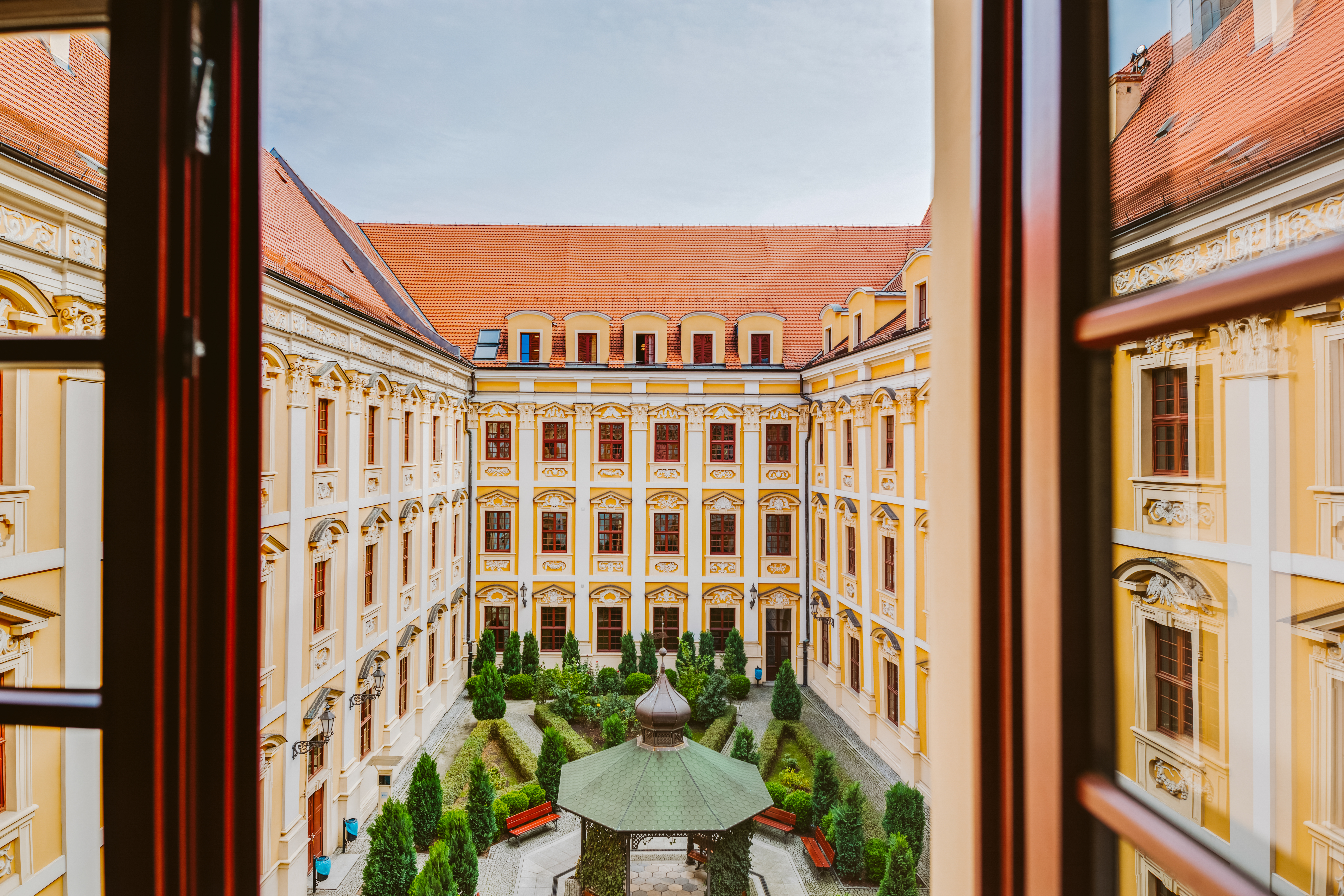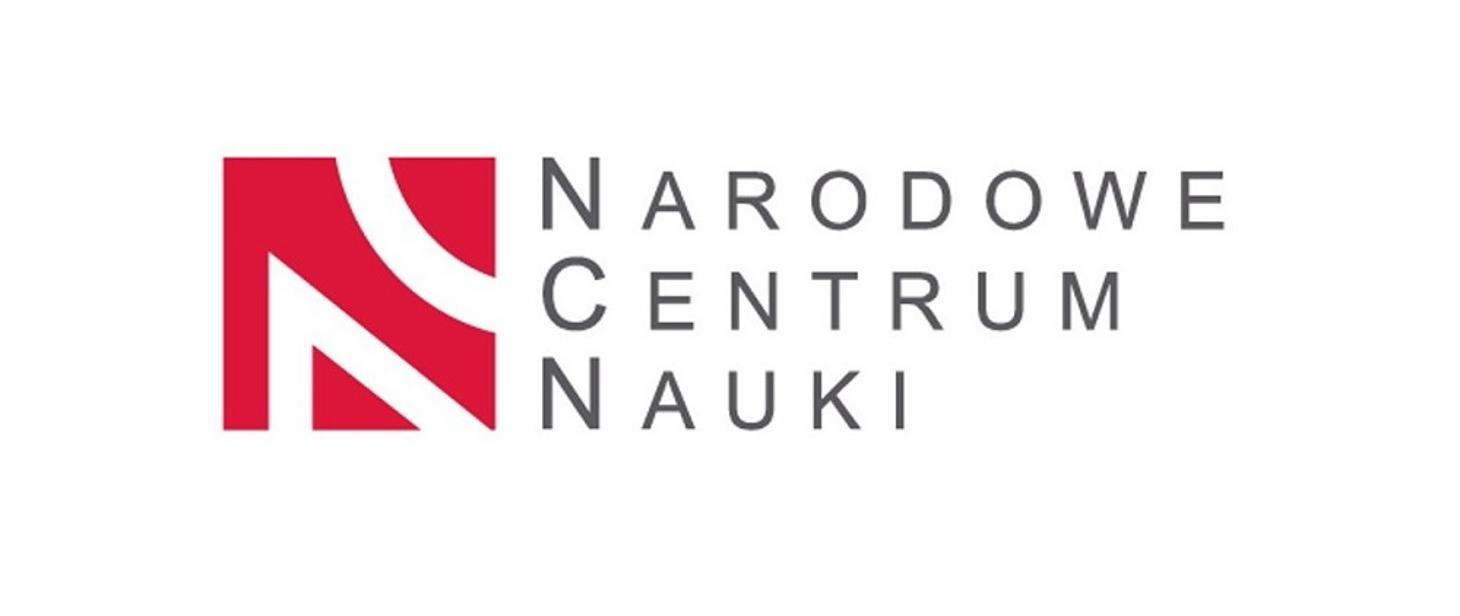
Prof. Dorota Michułka with Weave-UNISONO grant
Dr hab. Dorota Michułka, prof. of the UWr from the Institute of Polish Studies, will conduct a research project in collaboration with German researchers thanks to a Weave-UNISONO grant. The Polish team will receive support of more than PLN 422 000.
Self-positioning in transnational spaces – children’s narratives and stories about children living in transnational families is the title of a project to be carried out by a Polish team led by dr hab. Dorota Michułka, prof. of the UWr. The research on the German side will be coordinated by Alexandra König and Jessica Schwittek from the University of Duisburg-Essen.
Transnational families are those who experience separation from loved ones due to migration and try to maintain ties with family members in their country of origin. The project aims to explore the experience of children aged 12-14 living in families struggling with migration and their transnational self-positioning. The topic will be explored from two perspectives: sociological and literary. An additional element of the project is the organisation of an international conference and the development of teaching materials for teachers based on the research results. The research will be conducted on the example of Poland and Germany.
The project has been evaluated by the German Research Foundation (DFG), and the National Science Centre has accepted the results of this evaluation as part of the Weave cooperation programme.

The Weave-UNISONO competition is the result of a multilateral collaboration between research funding bodies grouped in the association Science Europe. It was launched to simplify the procedures for the submission and selection of research projects in all scientific disciplines, involving researchers from two or three European countries.
The selection of successful applicants is based on the Lead Agency Procedure (LAP), whereby only one of the partner institutions is responsible for the full substantive evaluation of the proposal, and the other partners accept the results of this evaluation.
In the Weave programme, partner research teams submit funding applications in parallel to the lead agency and to their respective institutions in the programme.
The project must contain coherent research plans that clearly demonstrate the added value of international cooperation.
Congratulations to the Professor and the entire team! We wish you fruitful research!
Republished from: National Science Centre.



